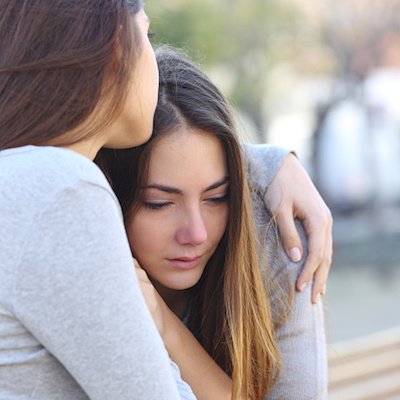One year later... how to help your children
As caregivers, we do our best to help and protect our children. When a tragedy like the pulse shooting happens, it is difficult for us as adults to make sense of it, much less to help our children do so. Usually, anniversaries of a tragedy bring back emotions and thoughts that may have already settled. Therefore, it is a good idea to have some tips handy in case you notice the following characteristics in your children that were not there before:
- Loss of interest in activities
- Prolonged fear of being alone
- Not wanting to close doors
- Problems sleeping
- Wetting the bed
- Change in appetite
- Withdrawal
- Excessive daydreaming
- Anger outbursts and/or aggressiveness
- Clumsiness
- Making inappropriate comments about death
It is important to remember that children often ‘act out’ how they feel instead of talking about it. Changes are often signals children emit asking us to pay closer attention and figure out what is behind the changes. If these signals persist, please contact the Orlando United Assistance Center at 407.500.HOPE (4673) to obtain information about counseling for anyone, including children, that have been impacted by the Pulse tragedy.
Here are some things you can do to help your children during this time:
 Answer their questions.
Answer their questions.
Give them words.
To help your children express what they are feeling, I recommend using the characters from the Pixar movie “Inside Out,” or emojis to show how they feel.
Listen.
We don’t have to know all of the answers or even know exactly what to tell our children. One of the most helpful things to do is to listen to our children without trying to fix things for them. As caregivers, we may believe we have to do something, but in reality, children, like adults, often times just need to express their feelings and for us to be compassionate companions.
Hold them.
Write it out.
Include them in ceremonies. 
Create a memento.
Anniversaries of tragedies can be seen as opportunities to revisit old wounds and ensure they healed properly. Remember that everyone grieves differently and at different rates. As caregivers, we should not assume our children are ok because they don’t talk about something or there was not any direct impact on you and the family. Children often internalize outside events so it is our job to ensure they are truly ok.






